Isfahan has long been home to dye workshops where fashionable fabrics are created utilizing traditional methods.
Iran (IMNA) - It is enjoyable and inviting to use natural dyes. In their modest studios, old hands do their best to rediscover the delight of adding color using sustainable, non-toxic, natural resources.
Dyeing involves both art and science. The methods and supplies needed to produce specific shades largely depend on the kind of yarns and materials available, as well as the dyer's training and experience.
Once the cloth or fiber is ready and free of any dirt, it will soak up the color ranging from deep jewel-like tones to dusky heathers and pastels.
Depending on the type of dye used, how much yarn needs to be dyed, and the desired color, large cast-iron or copper pots are boiled for varying lengths of time.
To create color fastness, change hues, or increase color saturation, fixatives like mineral salts are frequently required. The yarns are re-spun, plied, and wound into balls of yarn when they have dried and are prepared for weaving. In fact, any of the dyeing’s components can be easily changed to create variations.
Some seasoned dyers of the ancient city are concerned that the industry is now in danger because young people have more modern tastes.
They see natural color as a means of reuniting with the way of life of their ancestors, whose symbiotic relationship with nature has supported civilizations forever and ever.
AFM
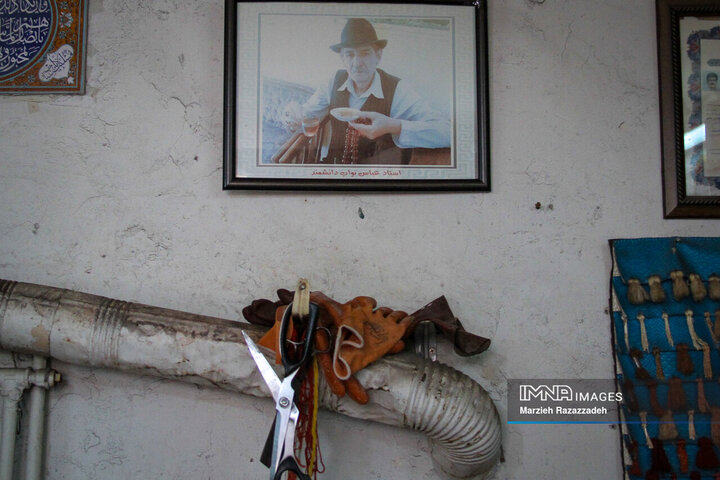
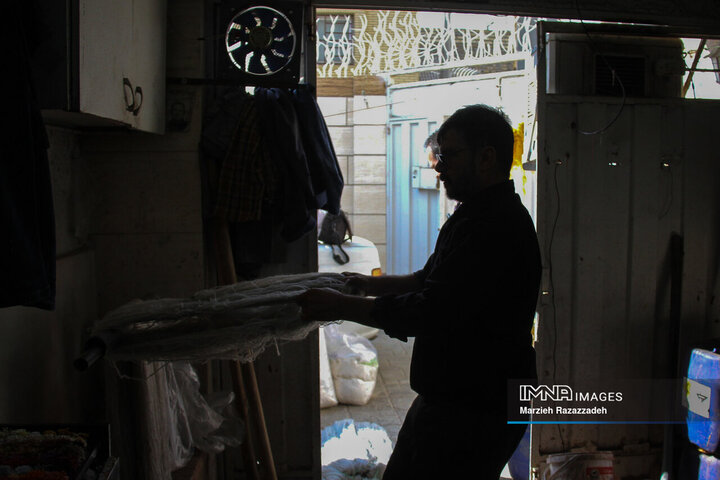
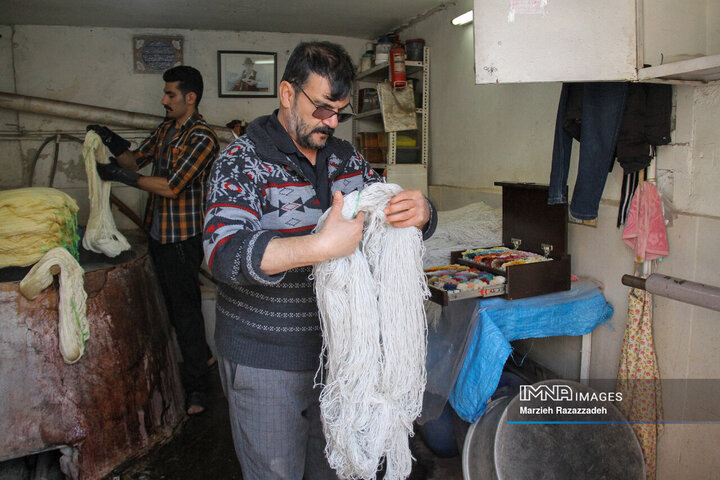
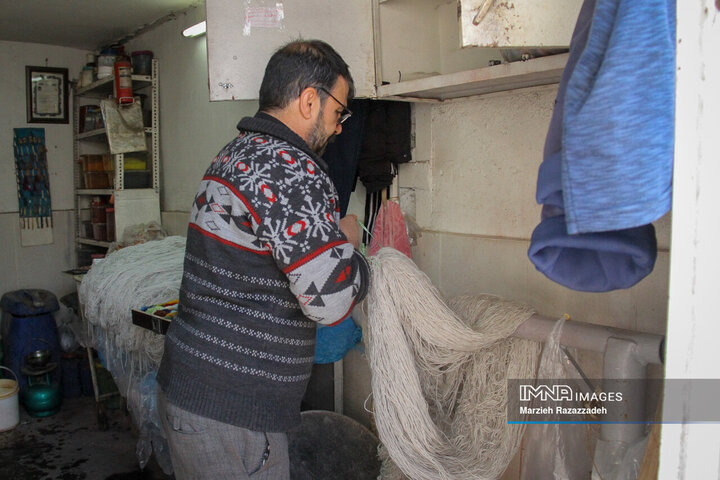
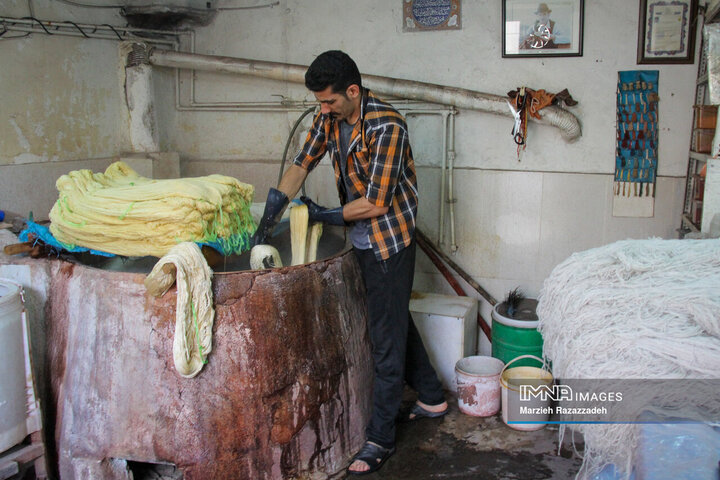
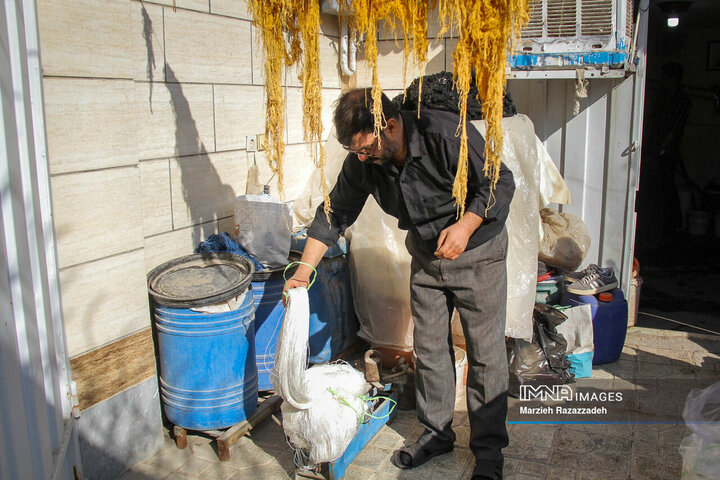
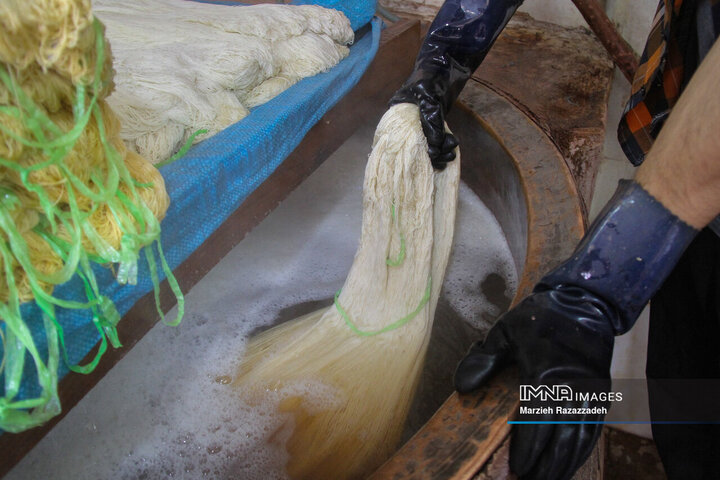
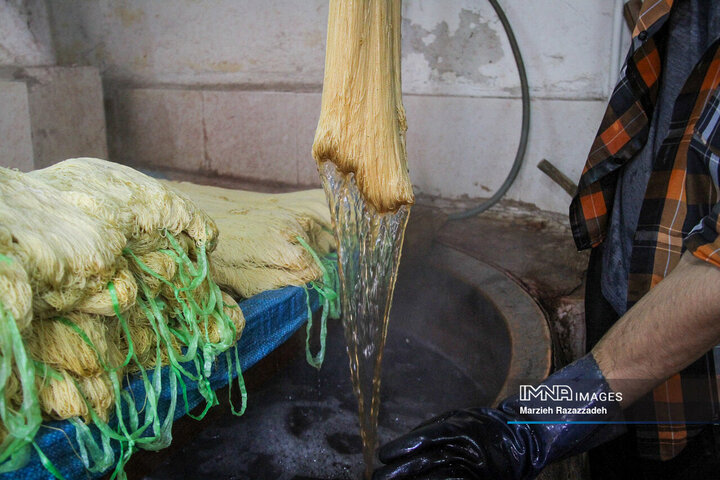
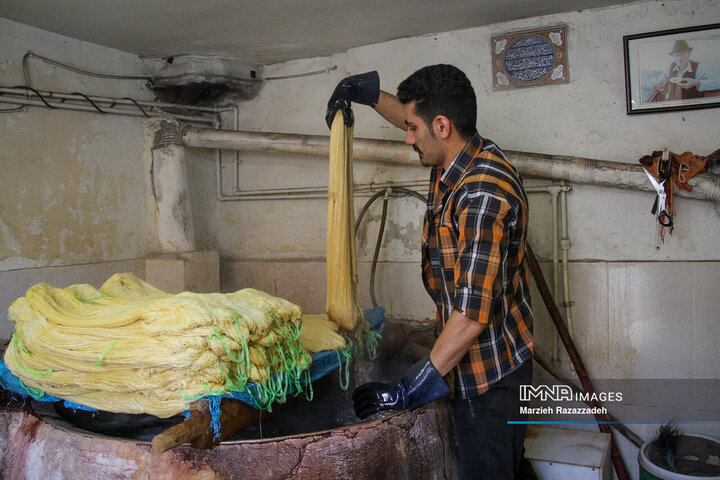
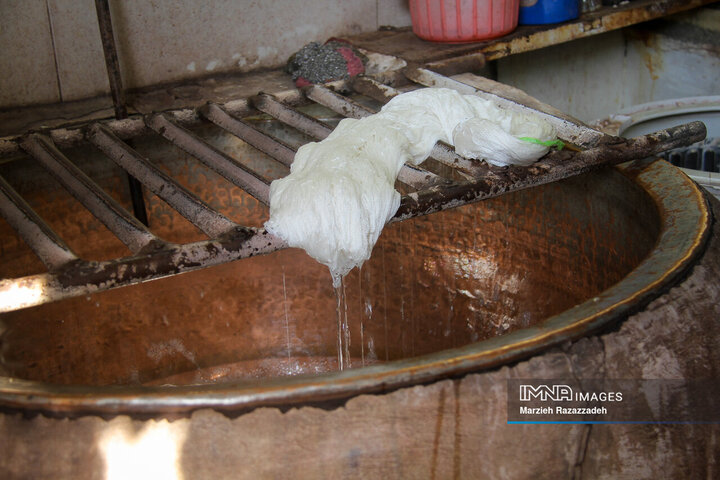
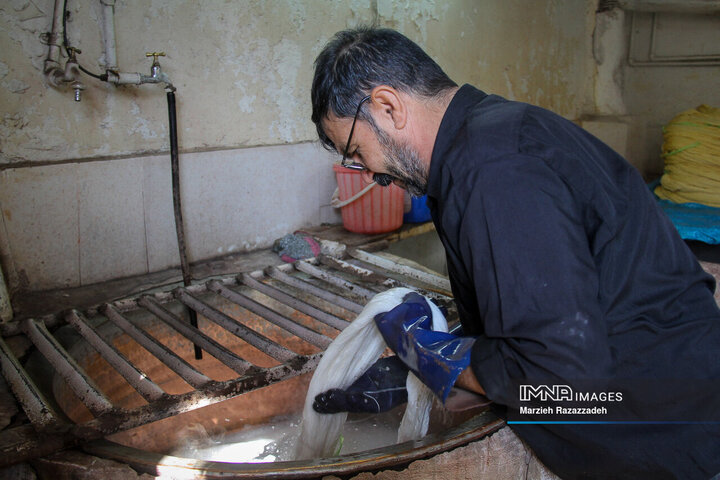
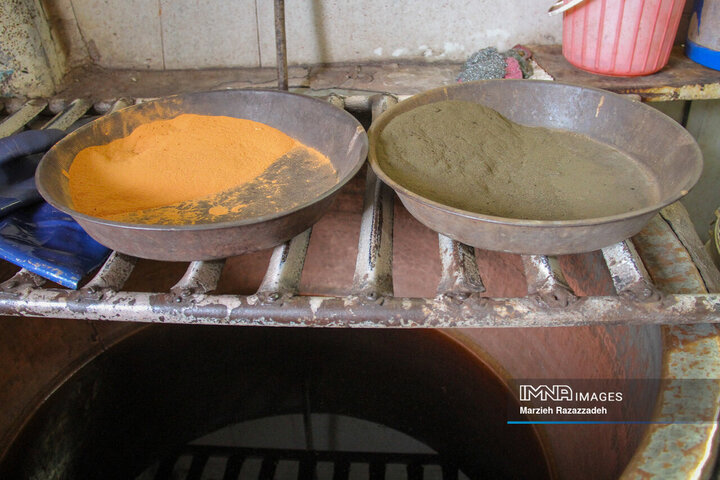
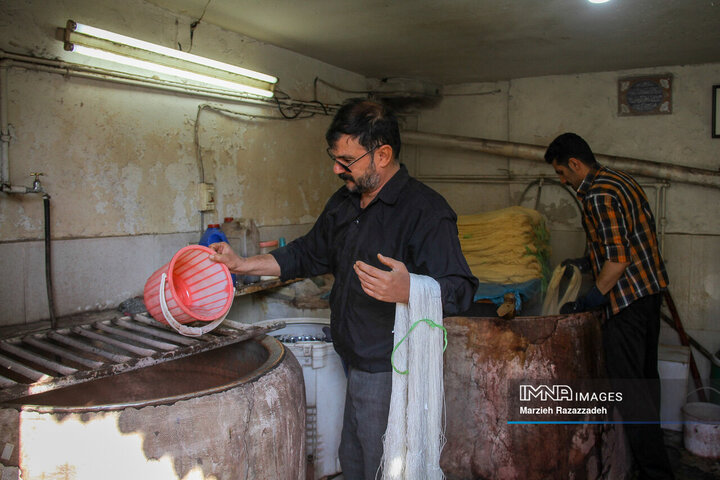
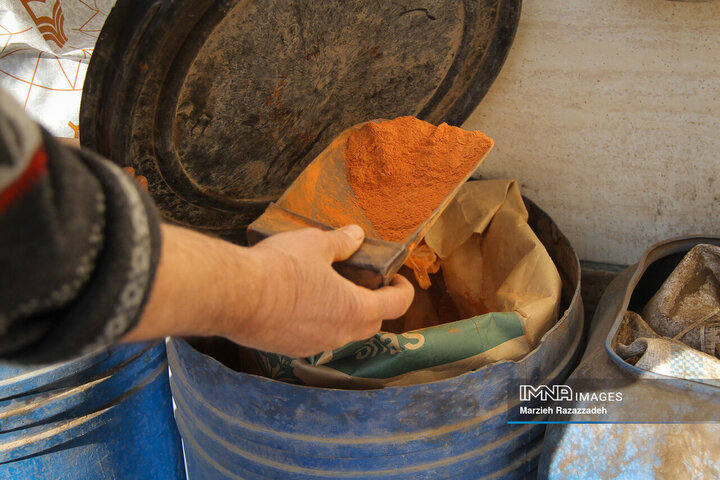
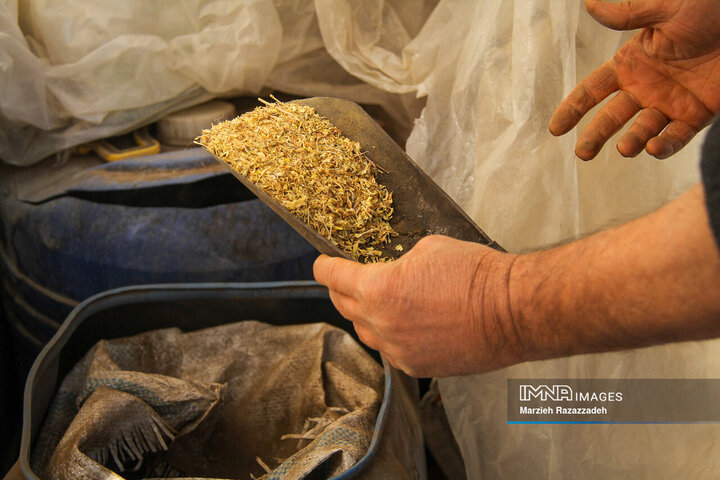
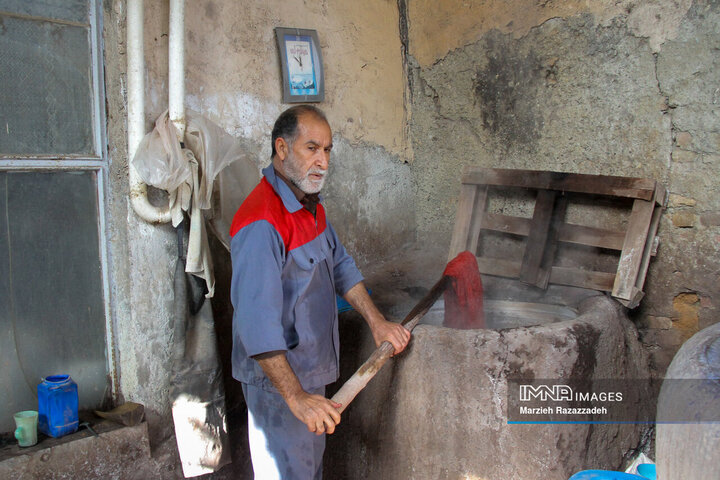
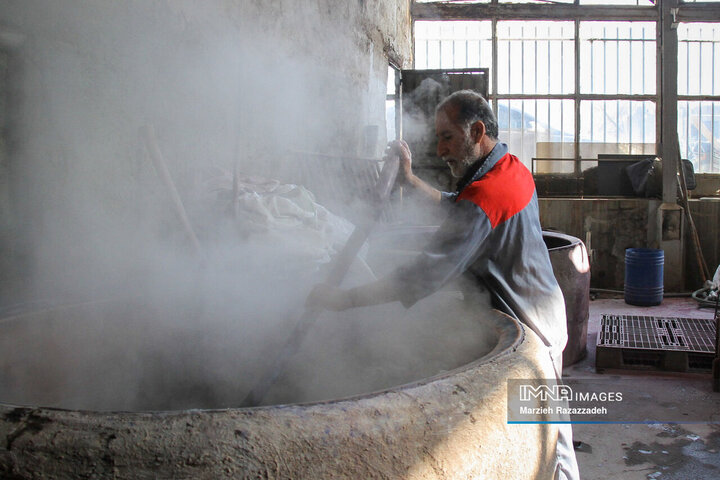
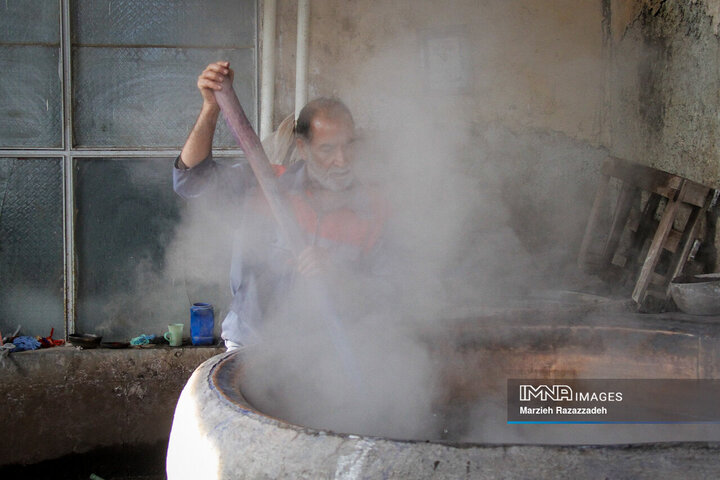
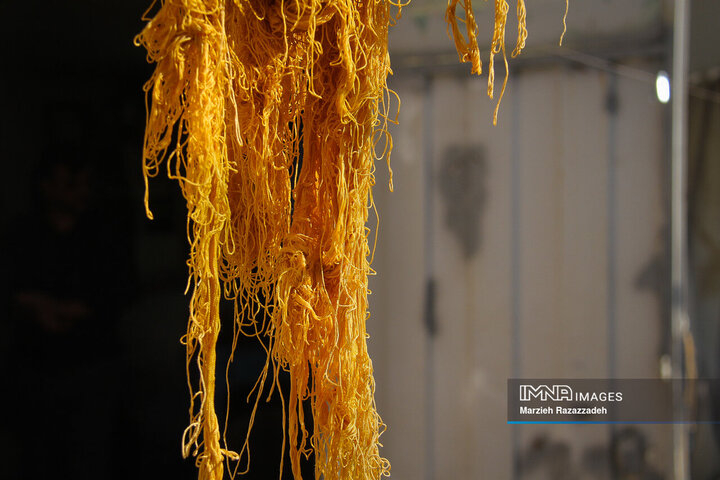
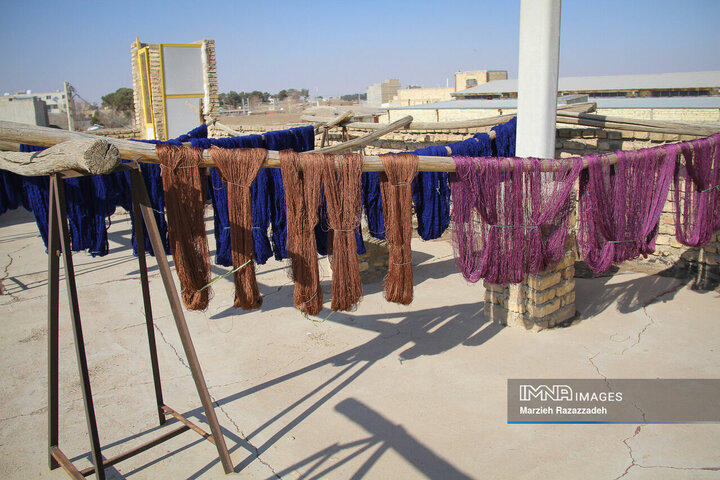
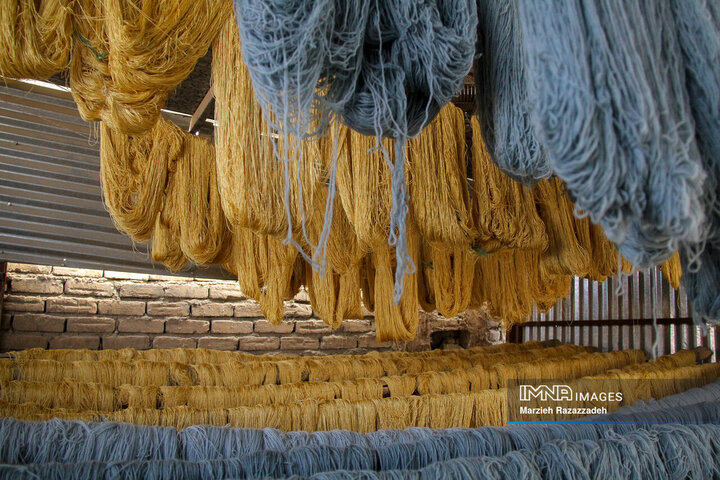
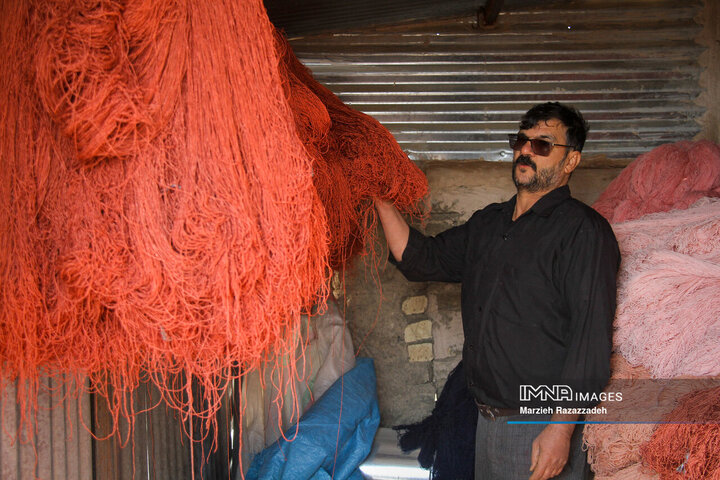
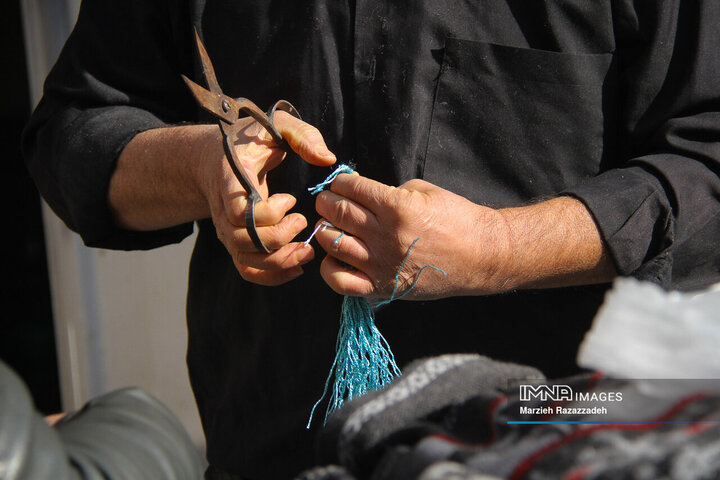
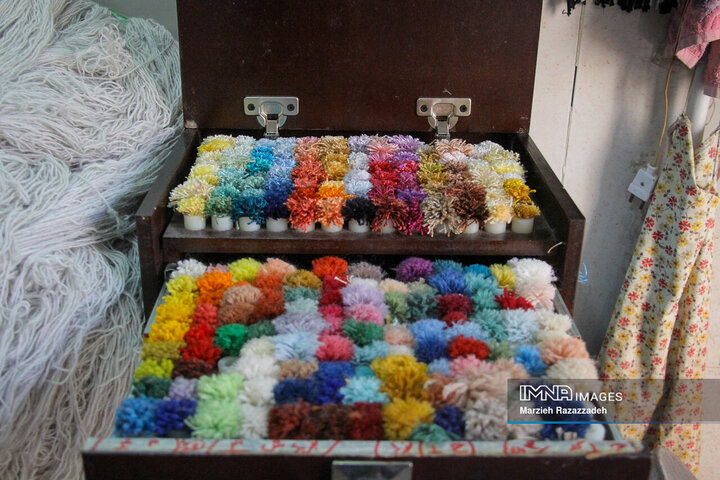
Your Comment